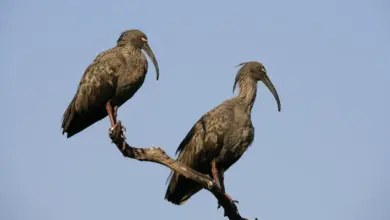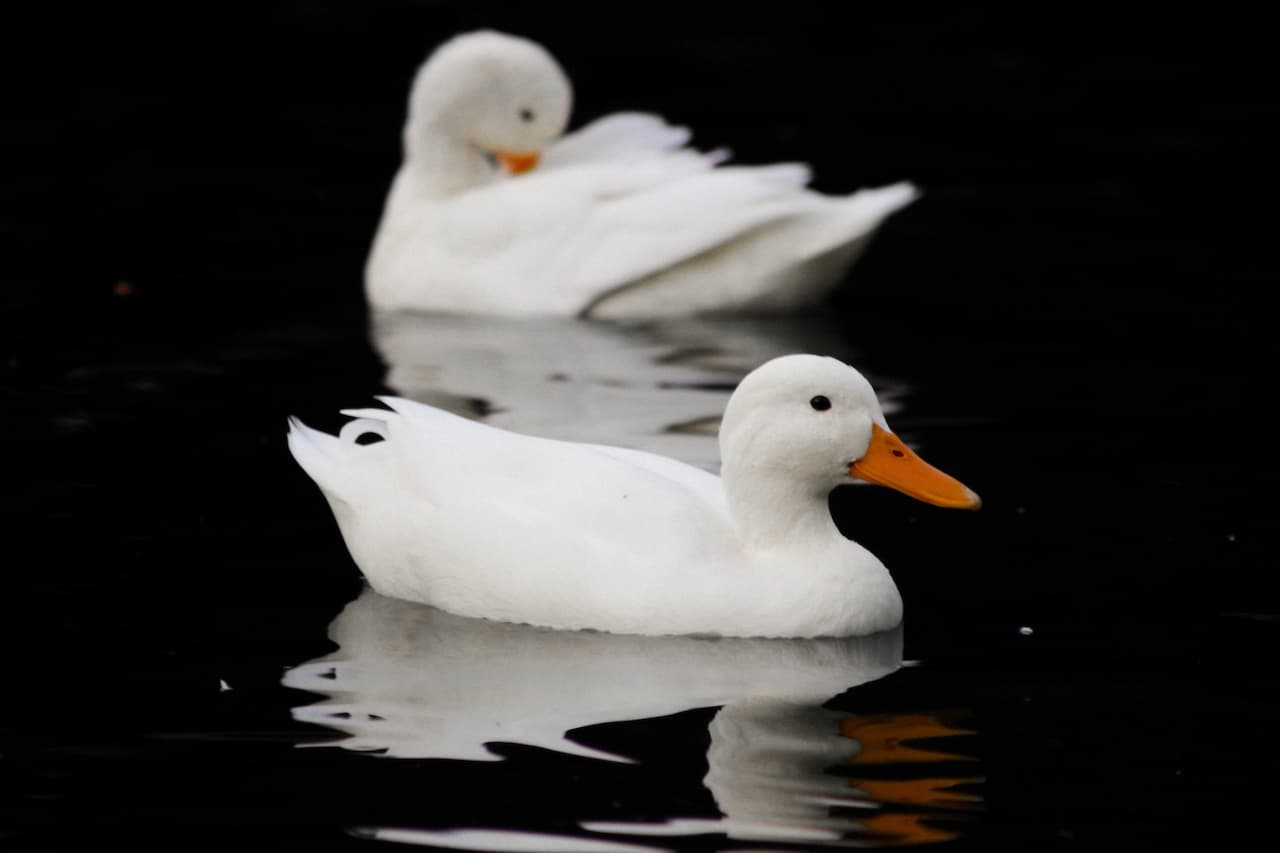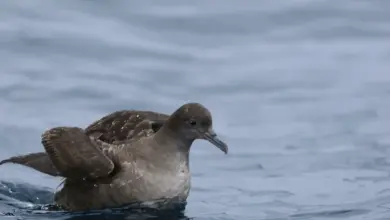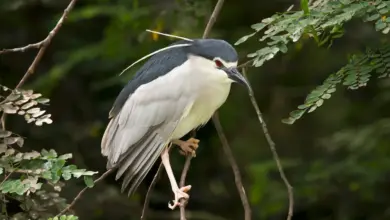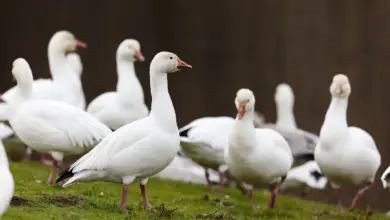The wigeons are dabbling ducks in the genus Anas. Widgeon is an alternative, though archaic, spelling; the American Wigeon has in the past been known as Baldpate.
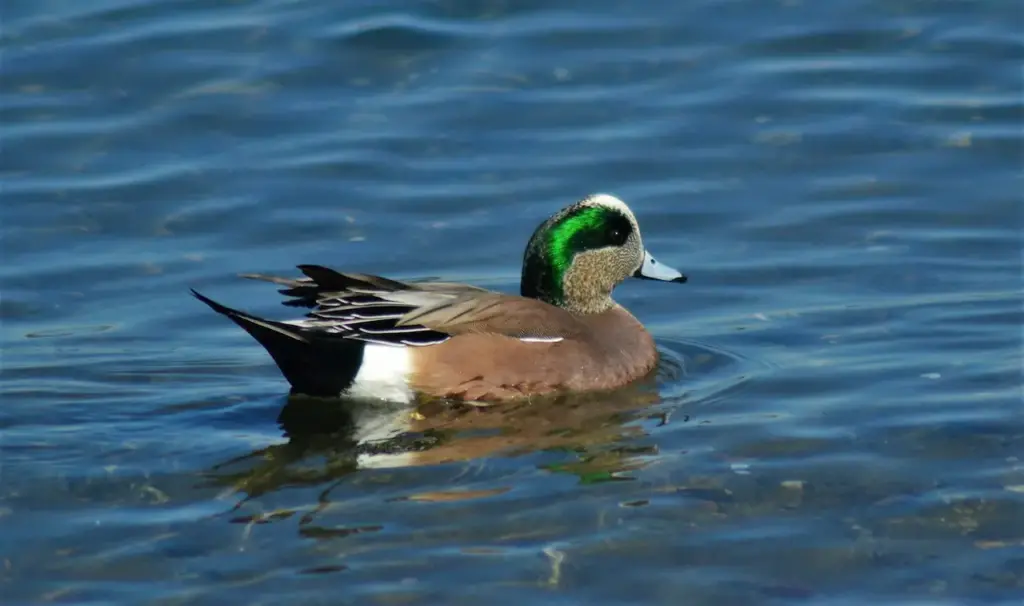
There are three species:
- the Eurasian Wigeon (Anas penelope)the American Wigeon (A. americana)the Chilöe Wigeon (A. sibilatrix)
The three species’ closest relatives within the genus Anas are the Gadwall and the Falcated Duck. All three wigeon species hybridise in captivity, and American and Eurasian Wigeons hybridise in the wild. An American Wigeon × Mallard hybrid has also been recorded.
Description
All three are similarly shaped, with a steep forehead and bulbous rear to the head.
Males have a distinctive breeding plumage, in their eclipse plumage, they resemble females, which are similar in appearance year-round.
References
- Johnson and Sorenson, 1999
- Jiguet, 1999
- Carey, 1993
- Fedynich and Rhodes, 1993
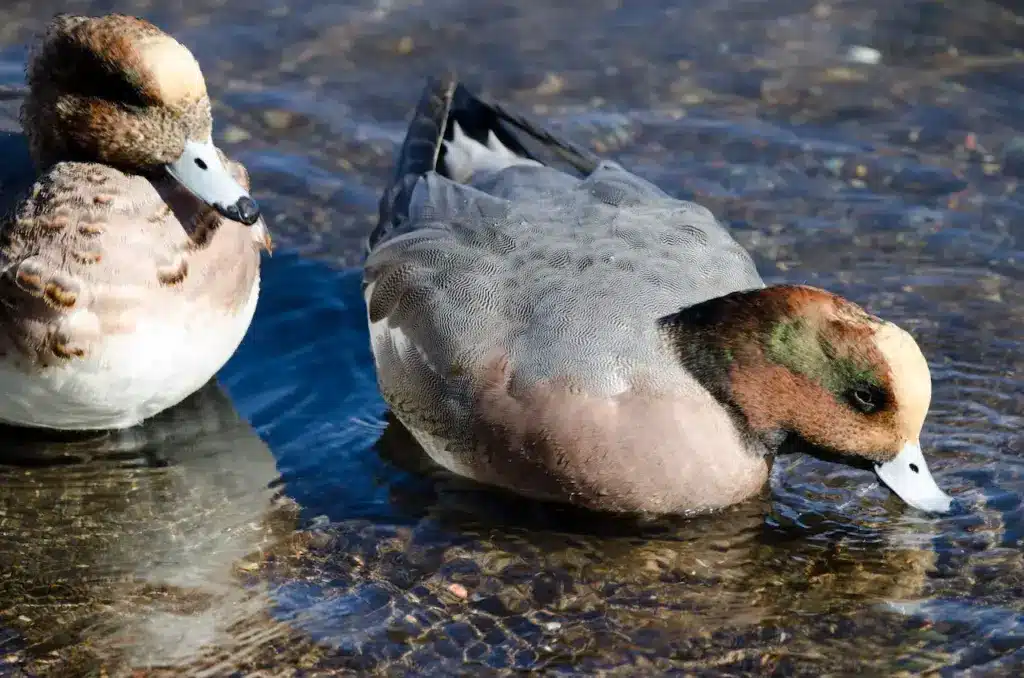
Diet / Feeding:
Ducks generally feed on larvae and pupae often found under rocks, as well as aquatic animals, plant material, seeds, small fish, snails and crabs.
Feeding Ducks …
We all enjoy ducks and many of us offer them food to encourage them to come over and stay around – and it works! Who doesn’t like an easy meal!
However, the foods that we traditionally feed them at local ponds are utterly unsuitable for them and are likely to cause health problems down the road. Also, there may be local laws against feeding this species of bird – so it’s best to check on that rather than facing consequences at a later stage.
- Foods that can be fed to Ducks, Geese and Swans to survive cold winters and remain healthy when food is scarce in their environment.
Please note that feeding ducks and geese makes them dependent on humans for food, which can result in starvation and possibly death when those feedings stop. If you decide to feed them, please limit the quantity to make sure that they maintain their natural ability to forage for food themselves – providing, of course, that natural food sources are available.

